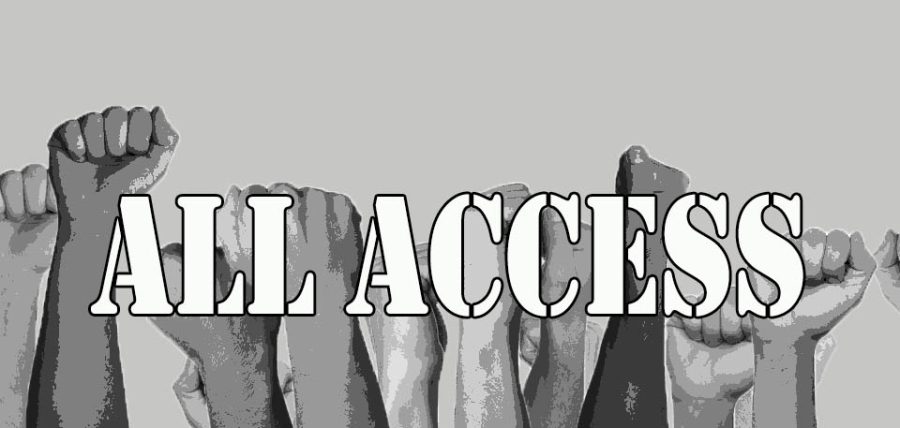Award shows shine a new light in spite of presidential administration
Last year the Oscars was met with heavy criticism revolving around the lack of diversity among the nominees. The criticism extended to the Grammy Awards, focusing on the exploitation of black culture in music.
Because of how much disdain was left by viewers and artists who shared strong feelings of a need for adversity, many were curious to see how both award shows would pan out. With the new administration, the award shows were a perfect platform to express discomfort.
Although adversity is very much needed to show an appreciation of all cultures and races that have shaped American culture, both award shows focused on uniting artists to give hate groups and opposing forces a piece of their minds in a peaceful and creative way.
The Grammy Awards kicked things off on Feb. 12. With socially-charged performances by Beyonce, Katy Perry, Chance the Rapper and a powerful collaboration with A Tribe Called Quest, Anderson Paak. and Busta Rhymes.
Last year, the only thing that could have been considered a provoking performance was Kendrick Lamar’s performance of “The Blacker The Berry” and “Alright.” The performance was seen as controversial and was unfortunately overshadowed by other performances.
This year, Perry performed her tragic but aspiring single “Chained To The Rhythm.” Despite the song being incredibly bland and riddled with cliches about “living in a bubble,” it’s a good starting point for the pop genre to really gain some depth.
Regardless, Perry deserves credit for applying her concern of politics in a song and using an award show to showcase the song when there is no doubt that she probably has another single about heartbreak under her belt that she could have performed instead. She also wore a pantsuit as a statement and paired it with a bedazzled armband that read “persist.” It’s something.
Chance the Rapper had a gospel choir with him singing songs from his heavily inspired by gospel album, “Coloring Book.” Chance is known for not only creating independent music but his involvement with his community in Chicago. Gospel music traces back to African American tradition and having such performers was a beautiful way of celebrating his upbringing.
The most charged performance was by A Tribe Called Quest and friends. Busta Rhymes came out, calling the president “Agent Orange,” referencing the herbicide used in the Vietnam War. It even ended with a chant of “resist!”
These performances were like an analeptic to Lamar’s performance. It brought back the strength of socially charged music, and it brought it back with an intent of not leaving.
Just two weeks later, the Oscar Awards presented resistance in a different way. During the red carpet pre-show, many attendees were seen wearing ribbons supporting the American Civil Liberties Union and Planned Parenthood pins.
Foreign director Asghar Farhadi was not present for his acceptance in respect of his country being included in the “Muslim ban,” one of the many executive orders signed by Trump. Others expressed political discomfort, such as Mexican actor/director Gael Garcia Bernal, who blatantly spoke about his opposition of the wall.
It doesn’t take watching much of either award ceremony to gather how much the film and music industry are uniting to take a stance. We can only hope the Academy continues to make progress.

